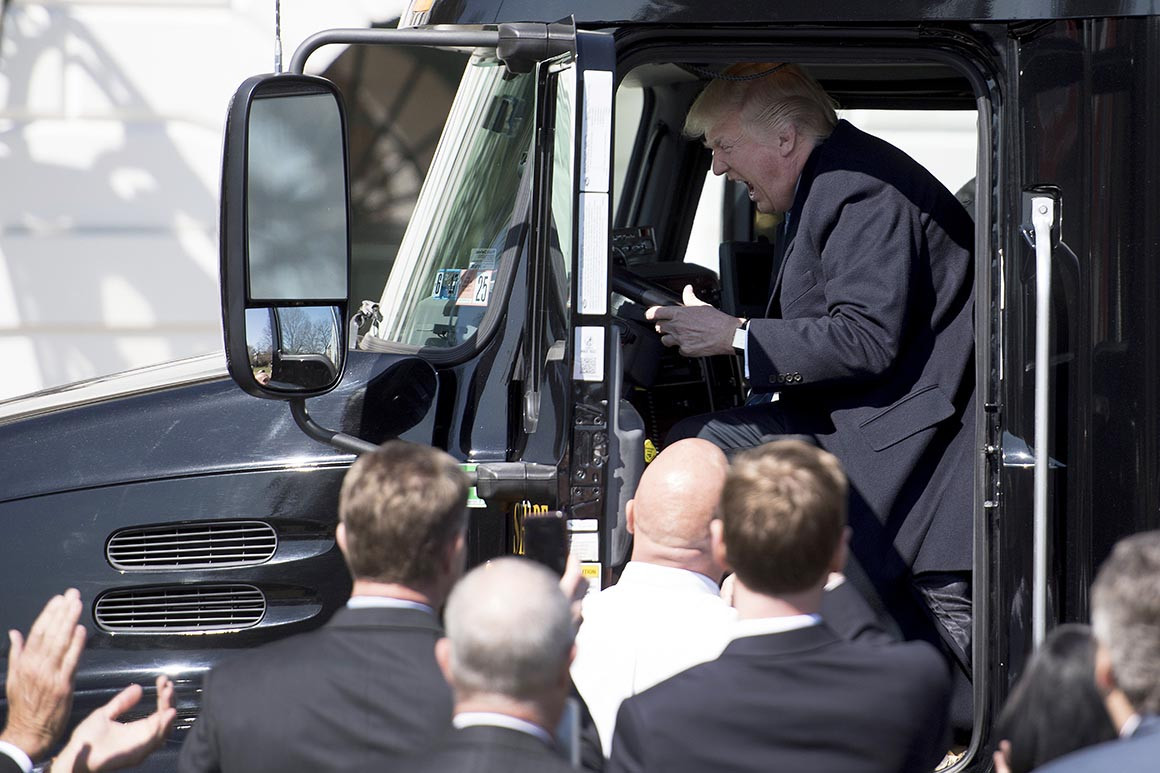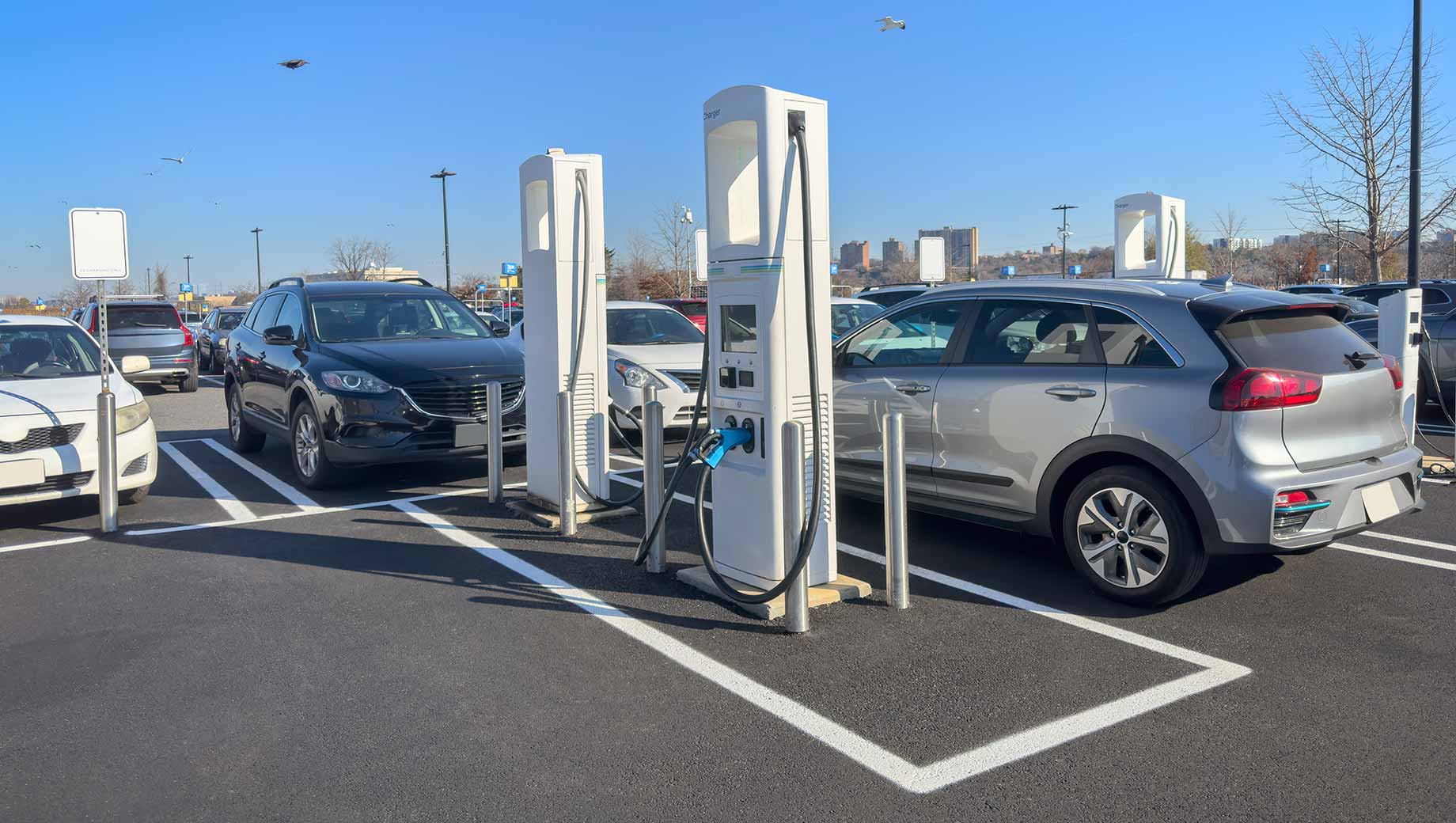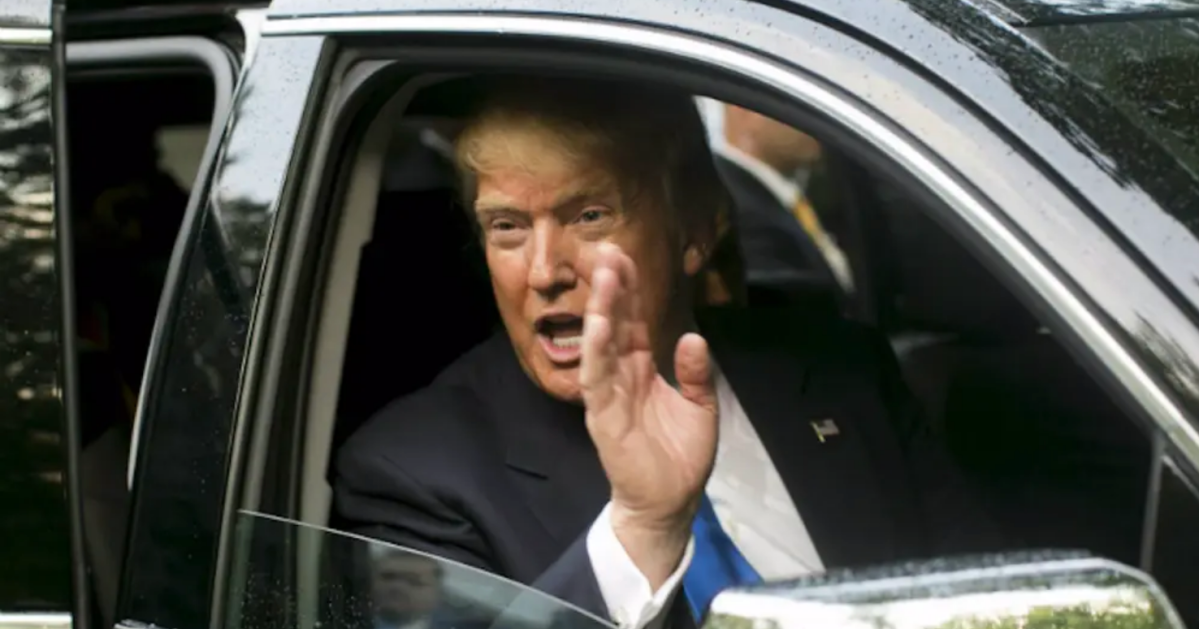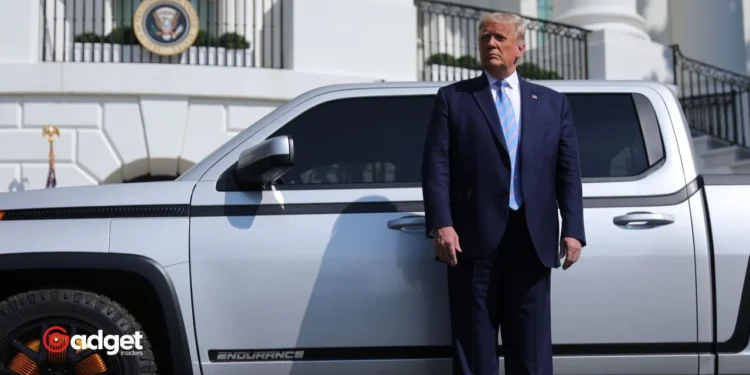In a statement that echoes through the corridors of the automotive industry, former President Donald Trump has declared his intent to put the brakes on electric vehicle (EV) sales in the United States. “You won’t be able to sell those cars,” Donald Trump asserted, stirring both support and skepticism across the nation. This provocative stance comes at a time when the EV market has seen unprecedented growth, challenging the feasibility of such a dramatic shift.

The Rise of Electric Vehicles
Since Donald Trump’s presidency began in 2016, the landscape of the American automotive market has transformed significantly. Back then, EVs were a niche market with only 159,139 units sold in the U.S. Fast forward to 2024, and the expected sales are set to exceed 1.5 million, capturing 10% of the U.S. new car market. This shift from early adopters to mainstream consumers suggests a robust momentum that may be resilient to political winds.
Despite Donald Trump’s potential interference, such as rolling back EV tax credits, analysts remain optimistic. The sector’s growth trajectory suggests that widespread EV adoption is likely to continue, albeit possibly at a slower pace if political hurdles are introduced.

Industry Perspectives: Stability Over Politics
Amidst the political tug-of-war, voices within the industry call for stability. William Clay Ford Jr., executive chair of Ford Motor, emphasizes the need for a long-term vision that transcends election cycles. “Our planning time frame is a lot longer than election cycles,” Ford stated during an event. The fluctuating policies influenced by changing administrations pose significant challenges for strategic planning within the auto industry.
Economic Impact and Investment Continuity
The commitment to electric vehicles is not just about environmental considerations but also economic strategy. The Inflation Reduction Act, championed by President Joe Biden, has already set wheels in motion, encouraging substantial investments in U.S. manufacturing. For instance, Hyundai plans to invest $13 billion in electric vehicle production in Georgia—a state that played a pivotal role in the 2020 elections.

Such investments underscore a broader economic shift towards greener technologies, suggesting that any attempt to derail this progress could have unintended consequences on American jobs and industry stability.
EV Acceptance Challenges Donald Trump
Interestingly, the surge in EV popularity is not confined to traditional Democratic strongholds. Republican-led states like Texas and Florida are also embracing electric vehicles, with EV registrations only trailing behind California. This bipartisan acceptance of EVs presents a complex scenario for Donald Trump, who risks alienating a significant segment of the electorate, including those in blue-collar jobs, by opposing EV adoption.

Awaiting the Verdict
As the political landscape heats up towards the November elections, the future of electric vehicles in America hangs in the balance. The industry’s trajectory, coupled with widespread consumer adoption and significant economic investments, suggests that stopping this “rolling bolder” might be more challenging than Donald Trump anticipates.
Whether his stance on EVs will resonate with voters or backfire remains to be seen, but one thing is clear: the debate over electric vehicles is about more than just cars—it’s about the future direction of the nation’s economy and environmental policy.










